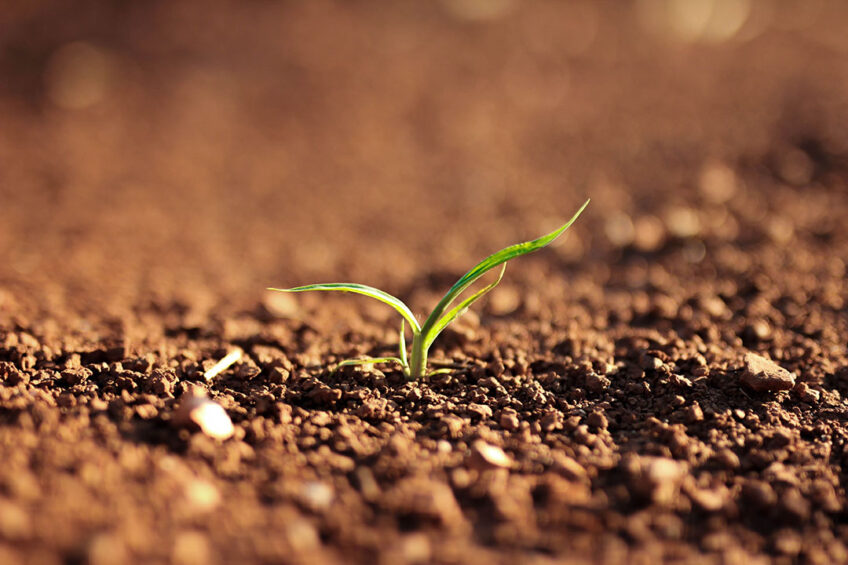Regenerative agriculture takes time

Regenerative agricultural practices in the cereals sector are seen as a panacea for improving soil fertility and boosting food production.
Soil degradation in the UK is estimated to cost society around £1.2bn per year, mainly linked to the loss of organic content of soils (49%), compaction (37%) and erosion (12%). Soil erosion from extreme wind and rainfall, as well as agricultural practices, results in the annual loss of around 2.9m tones in England and Wales.
This is estimated to equal productivity losses of £40m a year. Soil degradation also has implications for flood prevention, with poor quality land less able to retain water.
Experimental setup of 24 cropping systems
But early results from a new set of long-term experiments, undertaken by Rothamsted Research, have shown that no-till and diversified cropping regimes are not a short-term fix for more sustainable food production systems. Instead, they will require a long-term commitment.
It is leading an experimental setup of 24 cropping systems that combine a variety of regenerative agriculture practices at sites in Hertfordshire and Suffolk. Launched in 2017/8, the project is composed of 4 management factors:
- phased rotations,
- cultivation (conventional v reduced tillage),
- nutrition (additional organic amendment v standard mineral fertilisation) and
- crop protection (conventional v smart crop protection)
Results: Long-term integrated approach needed
Results have shown that, in the short term, reduced tillage has resulted in lower wheat yields. But the effect varied with crop rotation, previous crop and site.
Plots with added organic matter significantly increased spring barley yield by 8% on average but again the results varied wit site. The ploughed crop plots tended to produce higher caloric yield overall than systems under reduced tillage.
Professor Jon Storkey, study team leader, said only a long-term, integrated approach will show what really works in regenerative farming: “The initial results suggest that it takes time for regenerative approaches to restore the health of soils and the ecosystem. In addition, there may be a decrease in yields as the system transitions to a more sustainable state.”
Experimenting with varying fertiliser inputs
Rothamsted has been experimenting on how varying inputs of fertiliser might affect crop yields since 1843. The new long-term experiments will look at how varying approaches to crop rotation, tillage, nutrition and crop protection can reduce inputs of pesticides and fertilisers, emissions of greenhouse gases and support biodiversity. The aim is to collect extensive data on multiple indicators from each of the experiments.
Instead of focusing on crop yields, these new Large Scale Rotation Experiments (LSREs) are being monitored to study the synergies and trade-offs of each research. The experiment has been established as a long-term resource for inter-disciplinary research.
Storkey added that he hoped other similar experiments could be set up across the globe: “Only by taking such a broad perspective can we hope to successfully inform the transition to more sustainable cropping systems across the planet. Inevitably, trade-offs will need to be made between maximising crop yield and protecting the environment, but these experiments will help us better understand the system behaviour for multiple systems and approaches.”
The LSREs will use novel computing and statistical analysis to evaluate the importance of long-term data, providing the evidence base for alternative pathways to sustainable agriculture and serving as a demonstration site for encouraging the transition to more sustainable farming systems.
A new Rothamsted long-term field experiment for the 21st century: principles and practice is published in the journal Agronomy for Sustainable Development – A new Rothamsted long-term field experiment for the twenty-first century: principles and practice | Agronomy for Sustainable Development (springer.com)







